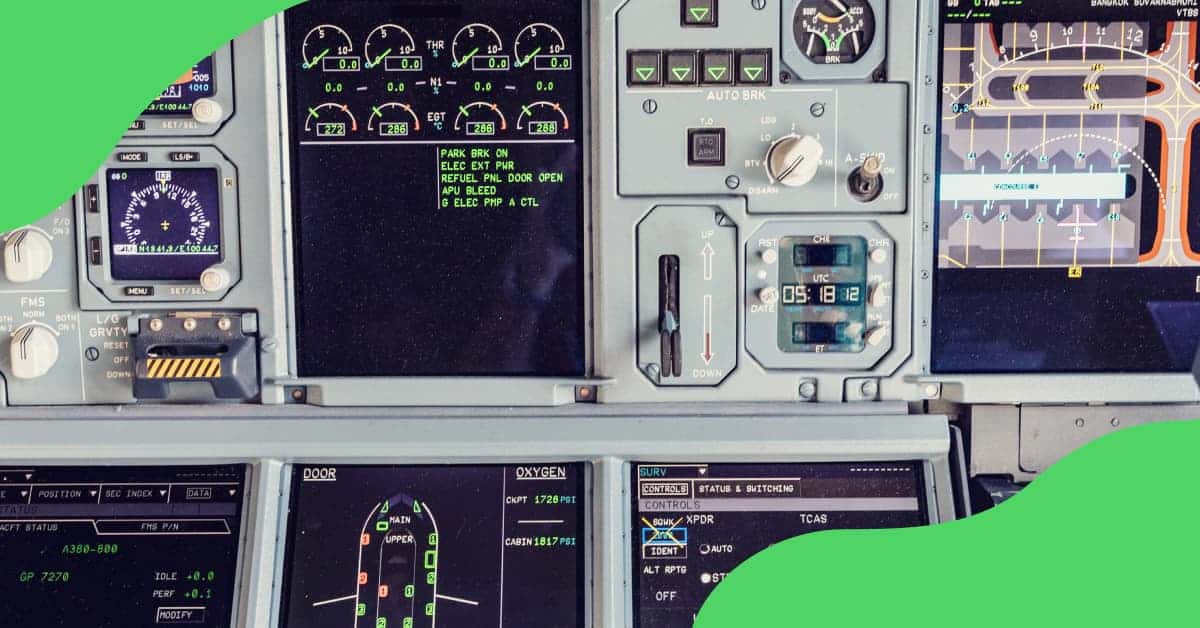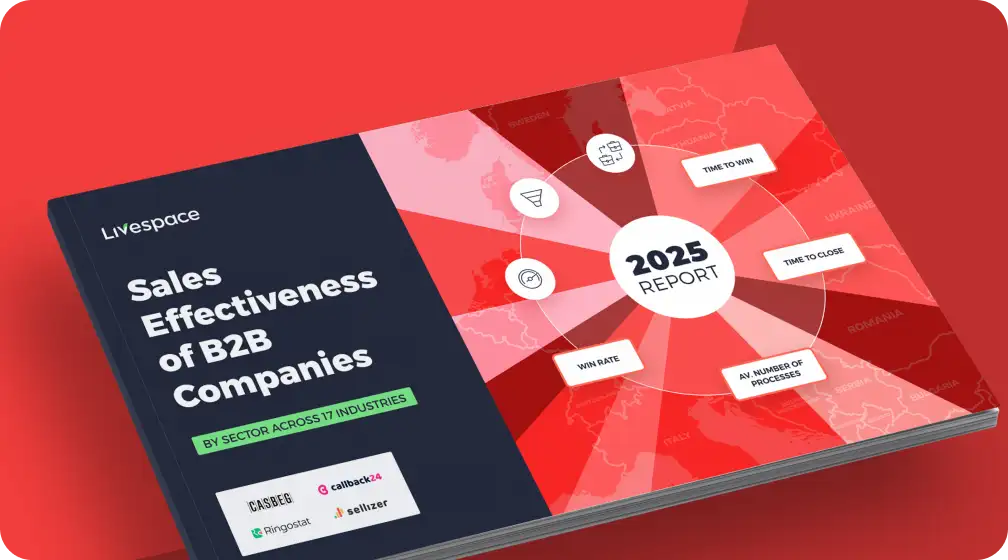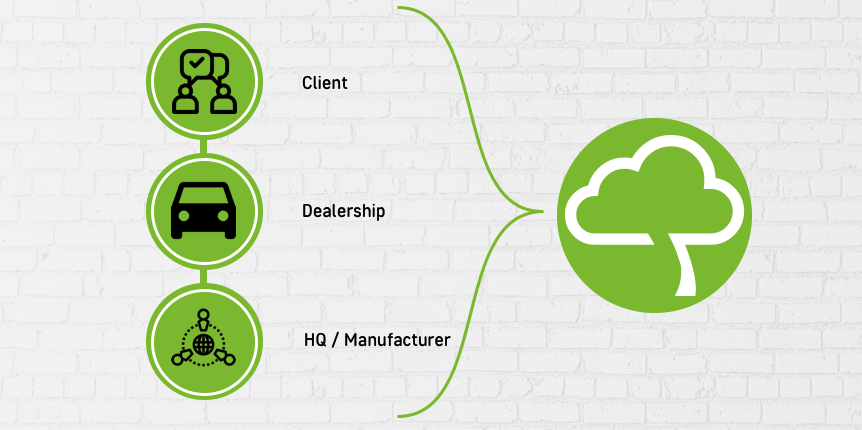DMS & CRM in the Automotive Industry – Do You Need Them Both?

If you’re working in or around the automotive sector, you will have undoubtedly heard the acronym, DMS or Dealer Management System.
What is DMS?
Traditionally, a DMS (or Dealer Management System) is a software platform automotive dealers use for managing their vehicle inventory, customer information, credit reports, and printing paperwork.
A DMS in many ways was considered the “back-end” part of running a dealership, and as such, the software is often overlooked. Out of date, cumbersome platforms creating a love-hate relationship for dealers and their DMS systems.
This subsequently has a knock-on effect on the quality of prospect data being provided to Headquarters, with the ‘gate-keepers’ of the data entry being the salespersons on the showroom floor.
What is CRM?
On the other end of the scale is CRM (or Customer Relationship Management) – a software tool used to manage a company’s interaction with current and potential customers. CRM provides a clear view into the needs and position of every prospect in the dealers sales-funnel as well as displaying a customer’s history – ultimately helping to improve business relationships, customer retention and ultimately driving sales growth.
Customer Relationship Management software has fast become the hub of most businesses, providing everything from sales management to customer support to marketing automation. However, companies often face digital transformation challenges when integrating these systems into their existing processes and workflows.
In today’s market, automotive CRM software provides a scope of features and functionalities significantly larger than DMS systems of old, positioning automotive CRM’s as the operational dashboard or omnichannel for dealerships.
Features include:
- Inventory Management
- Parts & Services Monitoring
- Sales Processes & Deal Management
- Leasing & Financials
- Marketing Processes
- Contact / Data Management
- After Sales / Upselling
- Grouping of Sales Teams / Locations
- Client History
- Customer Support
 Do you need them both?
Do you need them both?
With the goals of Dealerships (profits generated) and the goals of Headquarters (units sold, market share & margins) going in different directions, the pain points of the systems in place may come into clearer focus.
So the question then arises, will the DMS become a secondary platform; a plugin to the integrated CRM dashboard?
If one were to compare the time of configuration, as well as associated costs of each of the above processes, against an integrated CRM platform – the answer would likely be yes.
However, with so much data held in DMS systems, it seems like more likely that the CRM will become the tool of the showroom. Much more focused on the ‘client-journey’, whilst the DMS systems will pull the required data from said CRM.
CRM (integrated with an existing DMS) will provide dealerships, not only a superior operating system but also assist them in taking a major step forward in productivity, customer service and ultimately, profitability.
Would you like to know more about how a CRM could fit your automotive business?
Click here for more information or send us an email to; [email protected]
Other posts

Guide to Sales Metrics: 14 Examples

What is the Role of a CRM System in Your Sales Cycle?







